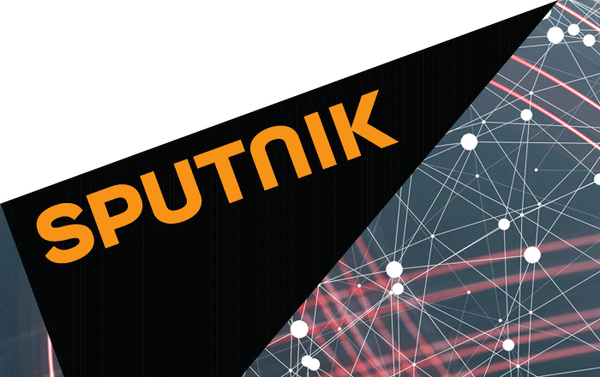Right-wing President Juan Orlando Hernandez took power in the aftermath of the military coup against his leftist predecessor Manuel Zelaya in 2009 after the former had supposedly considered changing the constitution to run for a second term, though Hernandez ironically succeeded where Zelaya had failed by appointing judges who later overturned the one-term stipulation. Hernandez's rule saw him strengthening the military and police forces with American support in order to counter the country's previously uncontrollable crime rates that were driving thousands of people northwards to the US as illegal immigrants, though critics have derided his law-and-order presidency as a dictatorship.
Not only that, but the opposition says that "law and order" is being selectively implemented only against street gangs while ignoring government corruption. The perception of growing socio-economic inequality is also a polarizing issue, as are the largely autonomous charter cities formally known as the "Zones for Employment and Economic Development" that have sprung up in certain areas and are suspected of representing the return of a "Banana Republic"-like corporatocracy in the country.
It's little wonder then that opposition candidate Salvador Nasralla did so well in the polls and was actually leading early last week before the government temporarily suspended the vote-counting process after he declared victory, immediately raising immediate suspicions of its intentions. When everything resumed after a few days, Hernandez had narrowly taken the lead, though Nasralla cried foul and still claimed to have won the election. The US tacitly supported Hernandez by clearing millions of dollars of aid on the grounds that his government had successfully been battling corruption, though the Organization of American States said that irregularities in the vote threw its results in doubt and therefore suggested a recount. The growing unrest in the country prompted the authorities to implement a strict 12-hour curfew, though reports have come in that some of the capital's police have refused to enforce what the opposition labeled as a coup.
As the situation gets ever more hectic in Honduras by the hour, the distinction between curfew and coup is becoming blurred, and the seemingly inevitable outcome is shaping up to be a national crisis with potentially regional ramifications.
Andrew Korybko is joined by Justin Alexander Coley, US-based analyst and Spanish-English translator, and Nino Pagliccia, Venezuelan author of "Cuba Solidarity in Canada — Five Decades of People-to-People Foreign Relations" and a retired researcher from the University of British Columbia.
Want to sound off and share what you think about this? Send us an email at radio@sputniknews.com or find us on Facebook!



